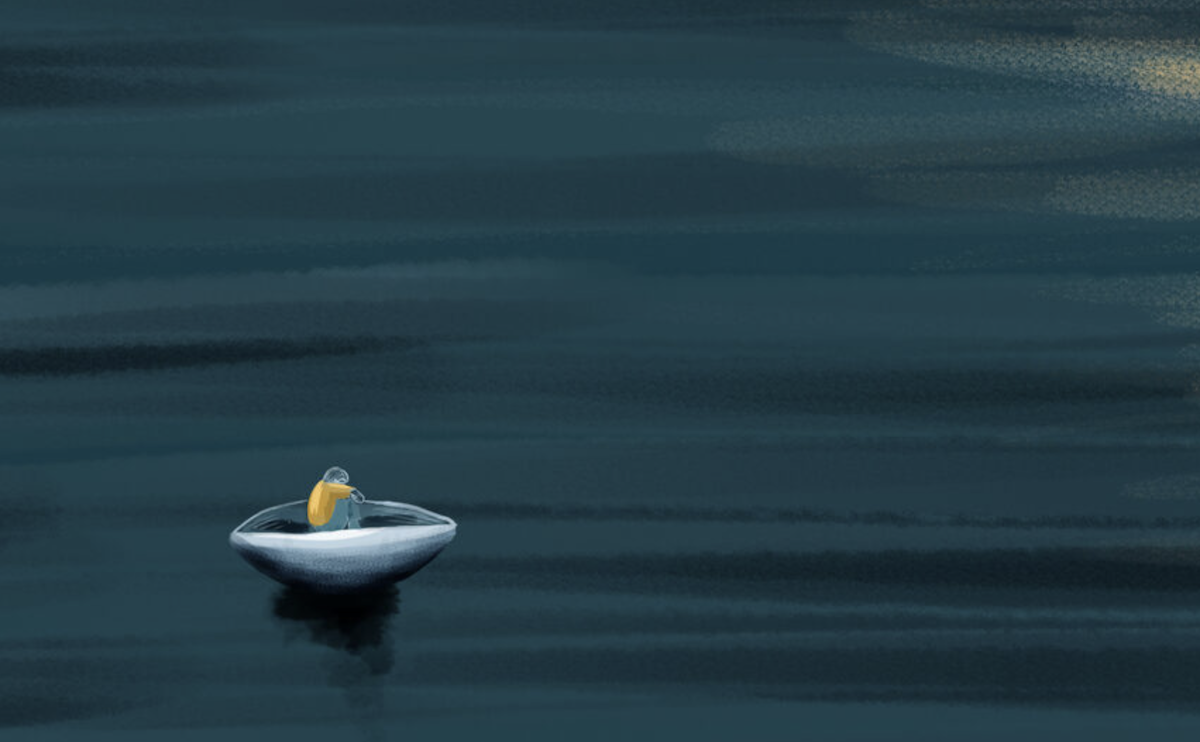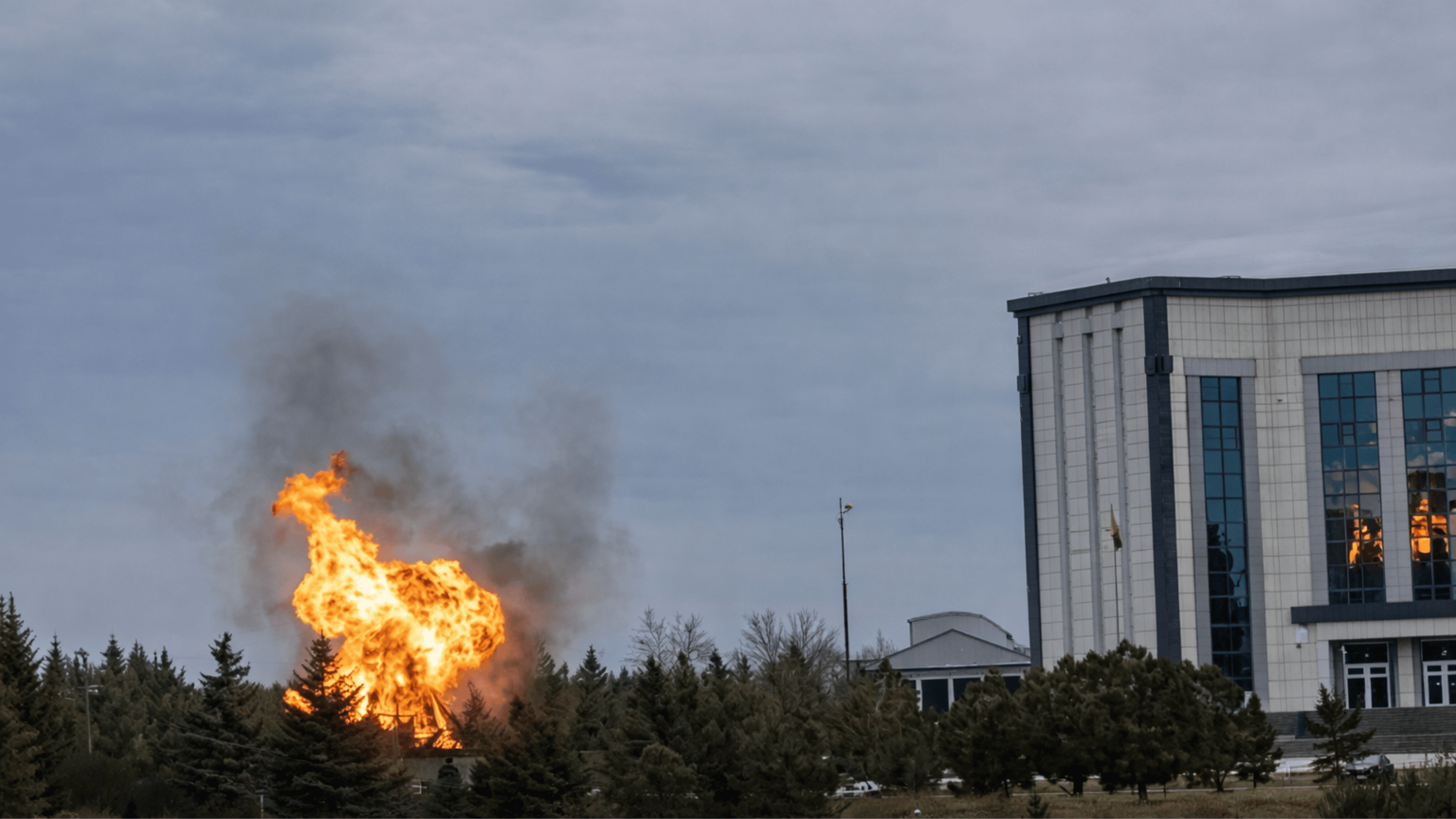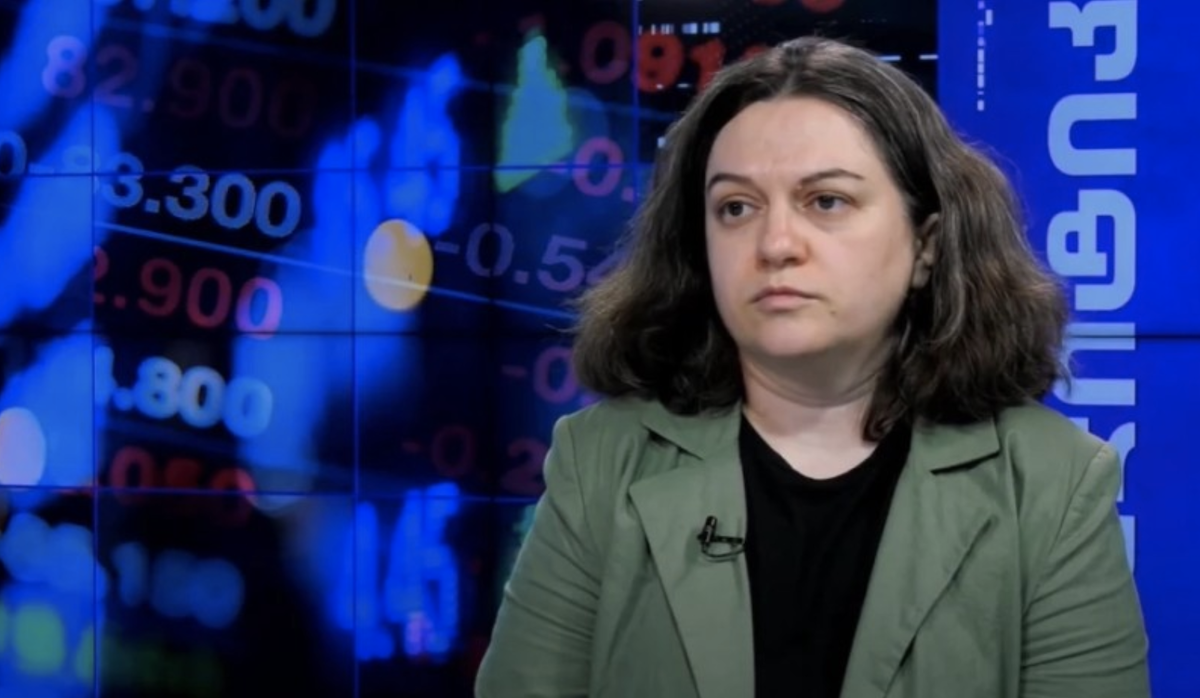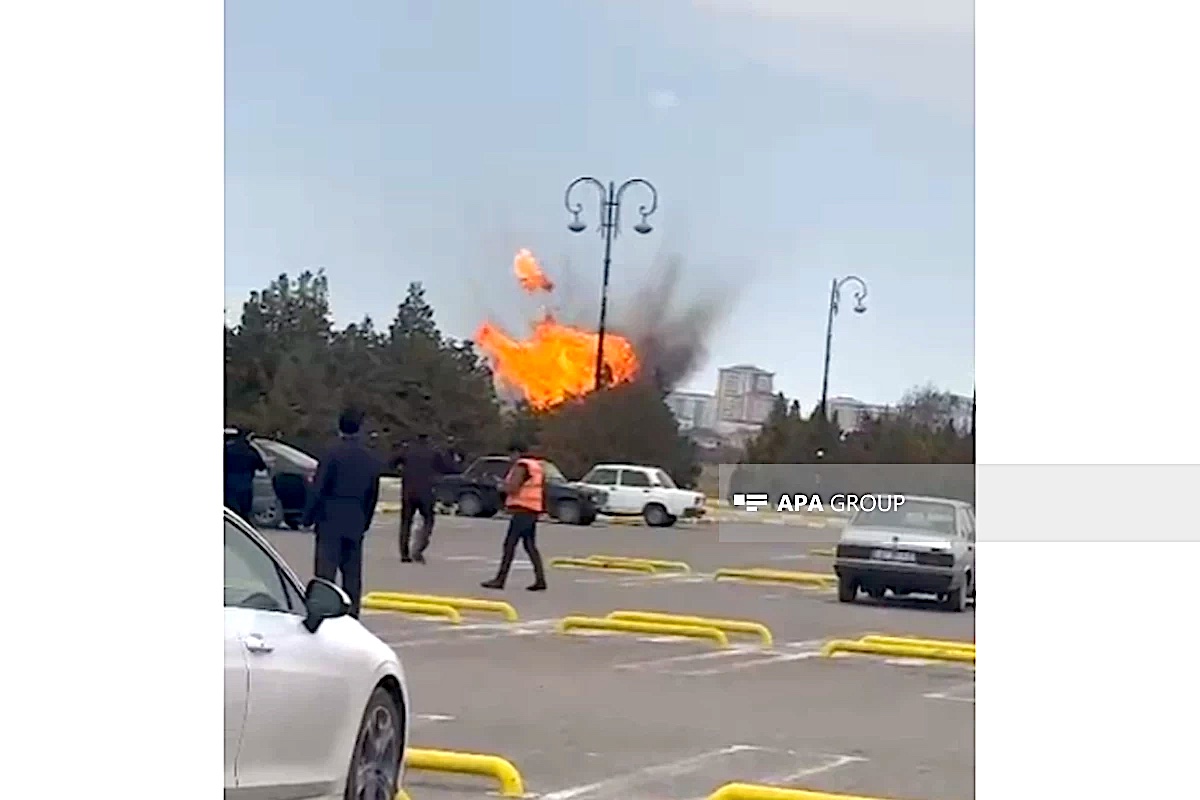"To teach how to learn and love": First children Crisis center opens in Abkhazia
Children Crisis center in Abkhazia
Abkhazian social workers refer to their young charges as “children facing complex life situations.” In Abkhazia, such situations typically involve absent fathers and mentally unstable mothers who neglect basic caregiving responsibilities, such as ensuring the child eats, attends school, or maintains personal hygiene.
“Often, children sleep on bare mattresses, dirty and damp from bedwetting. We cannot influence the mothers; many are simply inadequate, often in a state of drug-induced intoxication. And there are no other relatives available to care for the children,” explains a social worker.
Of course, one could potentially deprive such a mother of parental rights, but it’s unclear where to place the child afterward, as there are no orphanages in Abkhazia. However, now there is a Crisis Center where a child can be temporarily accommodated and provided with necessary care.
The Crisis Center is located in a private house on the edge of Sukhum. Spanning three floors, it features bedrooms, a kitchen, a dining area, a library, playrooms, study rooms, and several bathrooms. The center is designed to accommodate 10-12 children.
Social workers will be present around the clock, rotating shifts every two days. Their task is to instill basic self-care skills in the children, such as reheating food and changing bedding. These are everyday habits that are typically taught by parents.
- Abortion ban in Abkhazia. “Is my child really more important to the deputies than to me?”
- Stories about the state of human rights in Abkhazia
One of the caregivers, Sophiko Cherkhezia, is herself a mother of four children and now, every three days, she will also be a mother to another ten children.
“While I’m working, my husband will help with our own children. Especially considering they’re older now,” Sophiko remarks.
The salary for caregivers, by Abkhaz standards, is also quite substantial – approximately 30,000 rubles [around 323 dollars]. Therefore, there were many applicants for positions at the Crisis Center – three applicants for each available spot.
The Ministry of Social Protection covers the rent for the Center’s premises, while all other expenses are funded by the United Nations Development Program (UNDP). The Center’s director, Kamma Gopia, considers this a good example of simultaneous cooperation with both an international organization and the government, which is rare for Abkhazia.
“The project is designed for one year. During this time, we will see how effectively it operates. It took us several years to open the center. I hope our efforts will pay off,” she says.
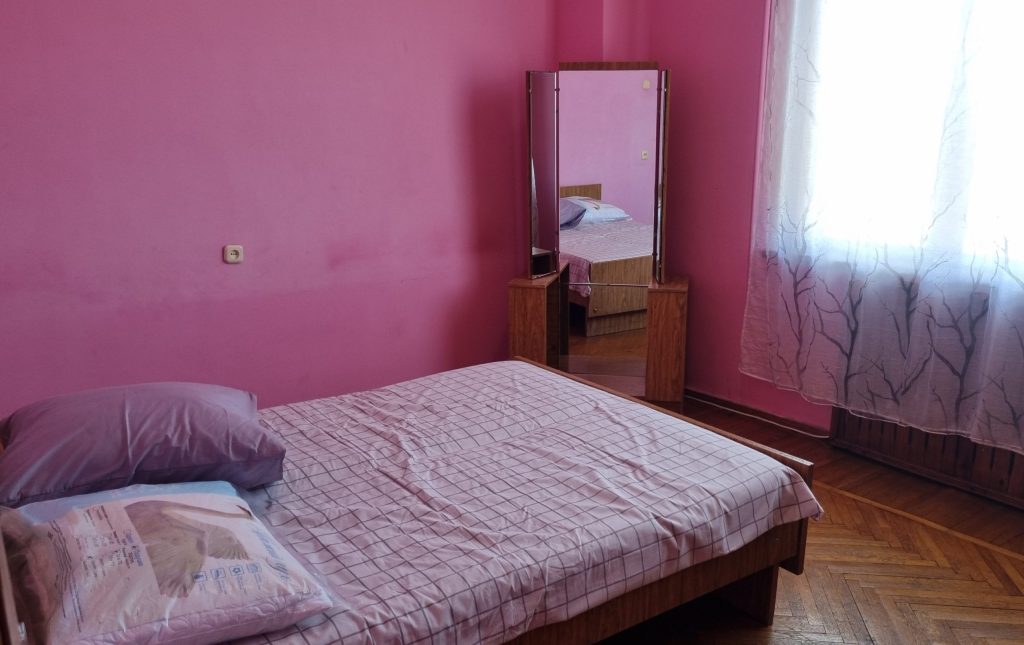
According to international standards, a child’s stay in such centers lasts for six months. However, according to Kama Argun, the chairperson of the charitable organization “Panorama,” the situation in Abkhazia will be addressed on a case-by-case basis:
“It’s possible that some children will be able to return to their families once all the issues there are resolved. Perhaps a guardian family will take in the child. But if, after six months, there’s nowhere for the child to go, they’ll remain in the crisis center for as long as necessary.”
The Crisis Center is one of two projects underway in Abkhazia aimed at assisting children. The second project involves guardian families. The goals of both projects are to ensure that no child in Abkhazia is abandoned.
“To raise a well-rounded member of society means instilling the right habits and communication skills, teaching independence, and teaching how to learn and love. Typically, parents teach these things to their children. But not all children have parents. The Crisis Center is starting its work to ensure that every child in Abkhazia has support from responsible adults,” says the children’s ombudsman, Maktina Ginjolia, defining the Center’s mission.
Toponyms, terminology, views and opinions expressed by the author are theirs alone and do not necessarily reflect the views and opinions of JAMnews or any employees thereof. JAMnews reserves the right to delete comments it considers to be offensive, inflammatory, threatening or otherwise unacceptable










